HR Process Improvement: 9 Tips To Optimize Human Resource Processes (Plus 5 Real-Life Examples)
AIHR
SEPTEMBER 23, 2024
HR process improvement is a necessary part of a company’s long-term HR management strategy. Establishing processes to ensure accurate, timely, and efficient task completion improves the overall work experience and gives HR more time to focus on strategic initiatives. Why is HR process improvement important?

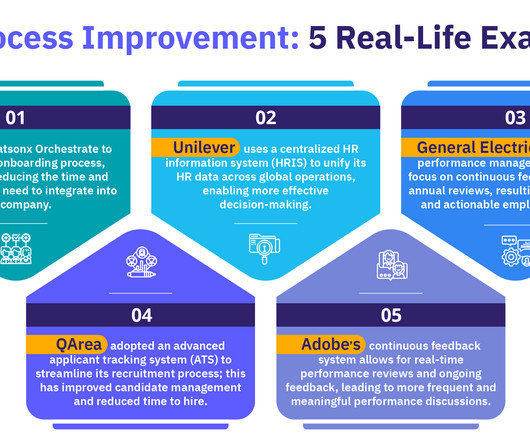

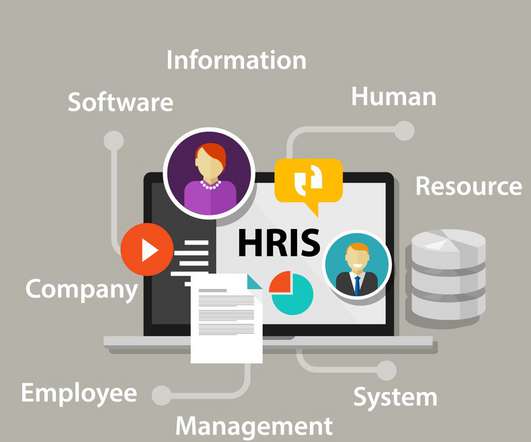
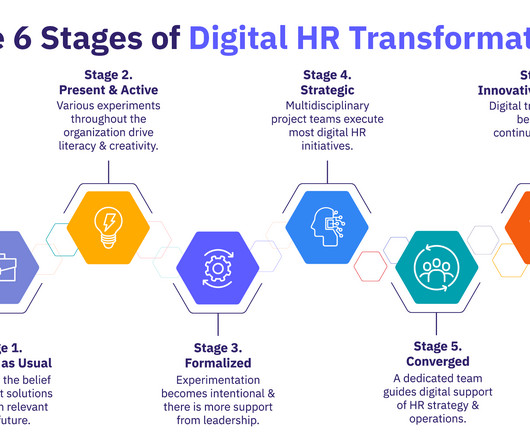



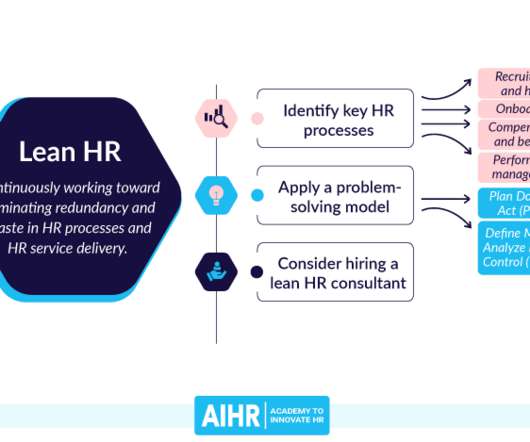
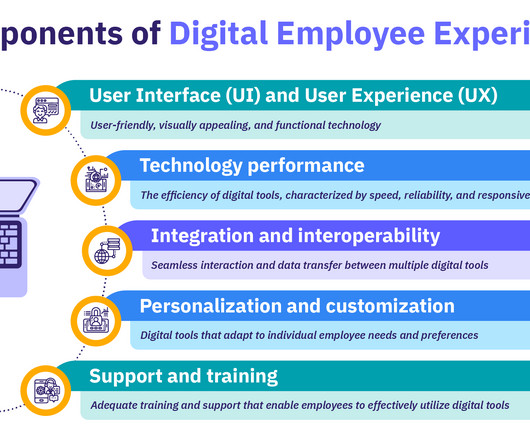
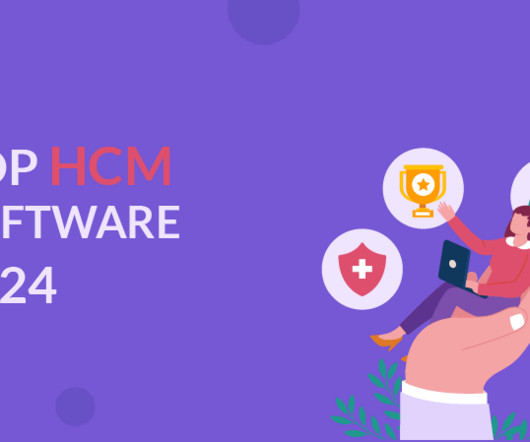
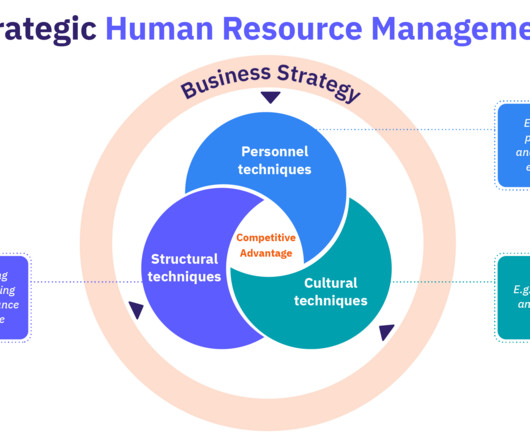
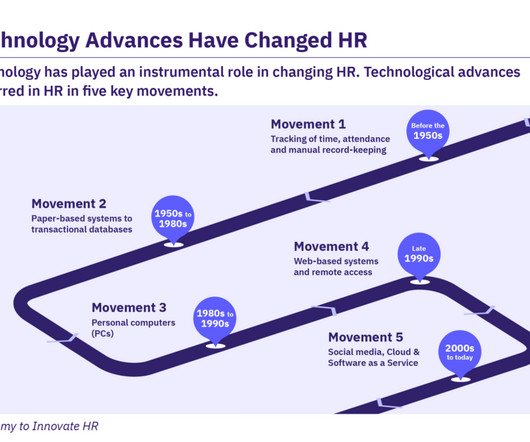
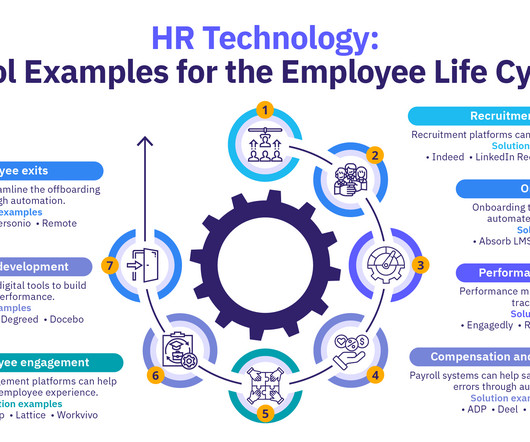






Let's personalize your content